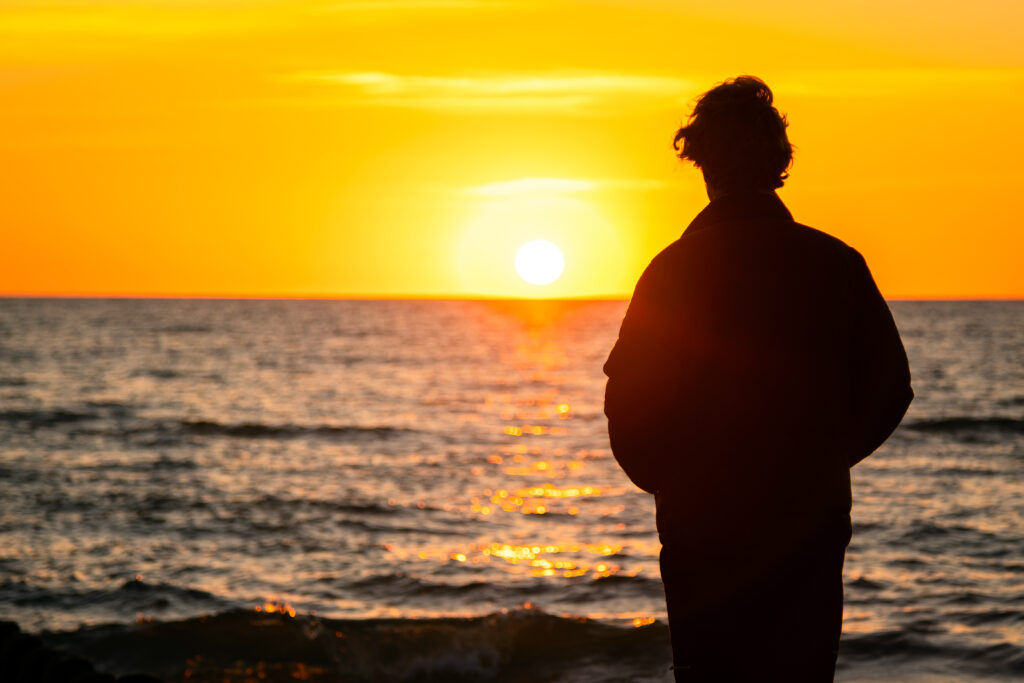I had no idea that the gate I would step through
to finally enter this world
would be the space my brother’s body made. He was
a little taller than me: a young man
but grown, himself by then,
done at twenty-eight, having folded every sheet,
rinsed every glass he would ever rinse under the cold
and running water.
This is what you have been waiting for, he used to say to me.
And I’d say, What?
And he’d say, This — holding up my cheese and mustard sandwich.
And I’d say What?
And he’d say, This, sort of looking around.

